Description
Product Information Sheet – click here
Lactobacillus acidophilus (La-14)
Lactobacillus acidophilus is a beneficial bacteria strain normally found in the intestinal tract and mouth, and is commercially used in dairy products for the production of acidophilus-type yogurt. L. acidophilus ferments various carbohydrates to produce lactic acid, which increases the absorption and bioavailability of minerals, including calcium, copper, magnesium and manganese. The production of lactic acid also promotes health by creating an inhospitable environment for invading microbes. L. acidophilus has been shown to protect intestinal cells by competing for adhesion space in the gut against harmful agents. The L. acidophilus strain in Flora Bites has been specifically chosen because of its strong adherence and survival attributes in the GI tract. It has been demonstrated in vitro to tolerate exposure to gastric acid and bile salts, and has the ability to withstand certain medications. In addition, a study of 73 children (aged 3-24 months, with bouts of occasional diarrhea and mild or moderate dehydration) found those given 10 billion CFU of L. acidophilus had a decreased duration and quantity of watery stools than those receiving placebo.
Bifidobacterium lactis (BI-04)
Bifidobacterium lactis is predominantly found in the colon. A double-blind, randomized, placebo-controlled trial on subjects receiving B. lactis or placebo for eight weeks found that B. lactis supported a balanced immune response in individuals hypersensitive to environmental allergens. Studies examining immune development and dietary supplementation with B. lactis have shown that it supports GI health by reducing intestinal permeability. A double-blind formula controlled study of 80 infants, aged 6-36 months, were randomly assigned to receive a commercial formula containing B. lactis and Streptococcus thermophilus at the initiation of antibiotics for 15 days. There was a significant difference in the incidence of diarrhea in the children receiving probiotic-supplemented formula (16%) than non-supplemented formula (31%).
*These statements have not been evaluated by the Food and Drug Administration. This product is not intended to diagnose, treat, cure, or prevent any disease.

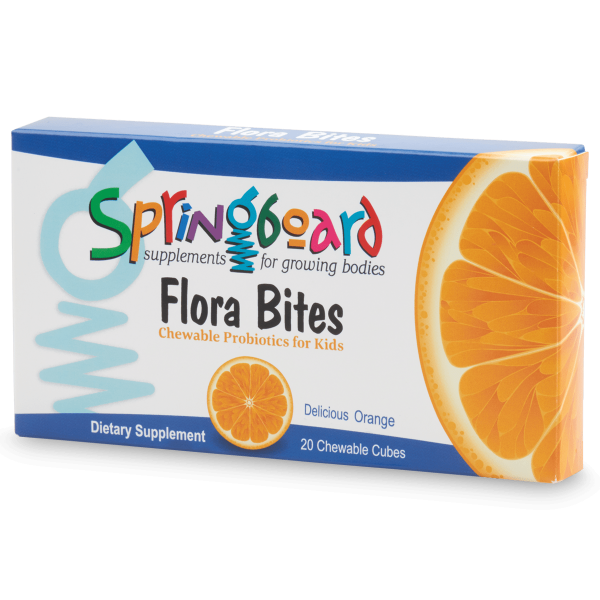
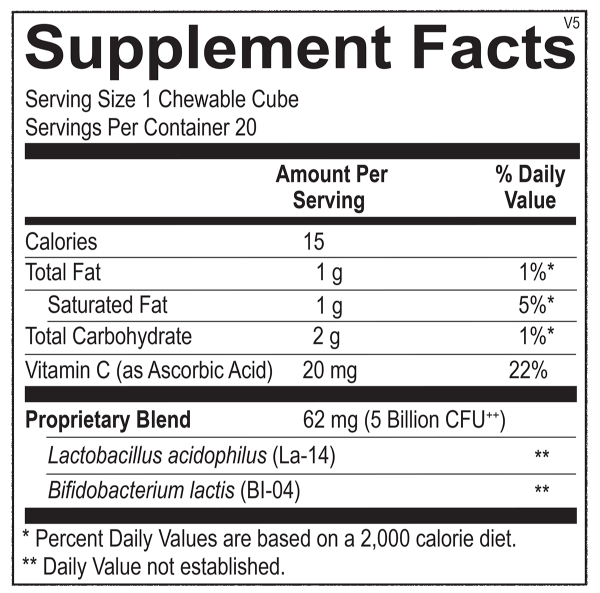
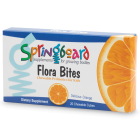
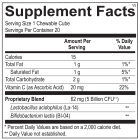

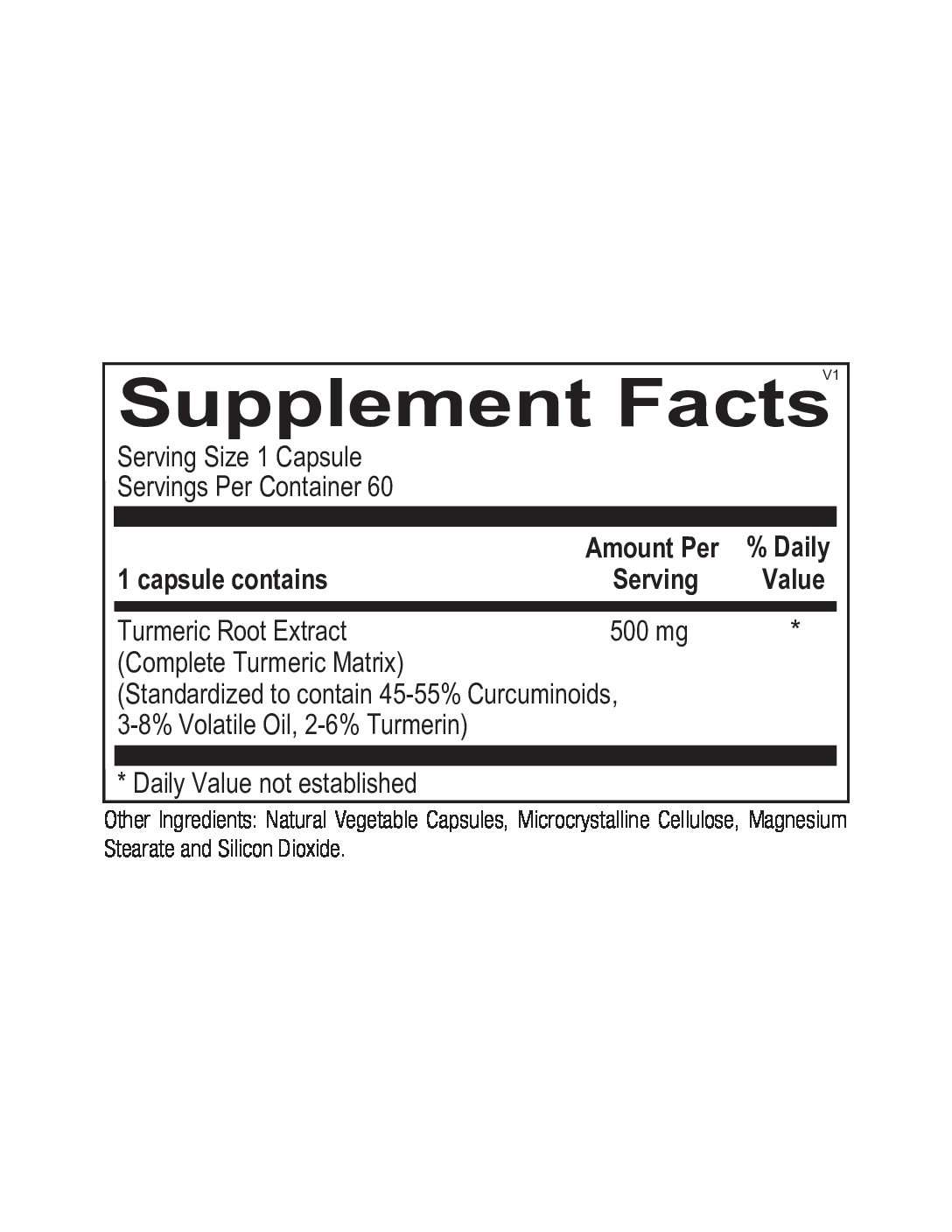

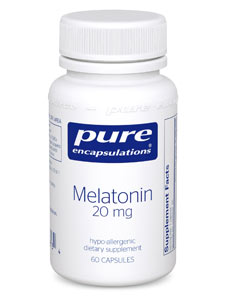


There are no reviews yet.